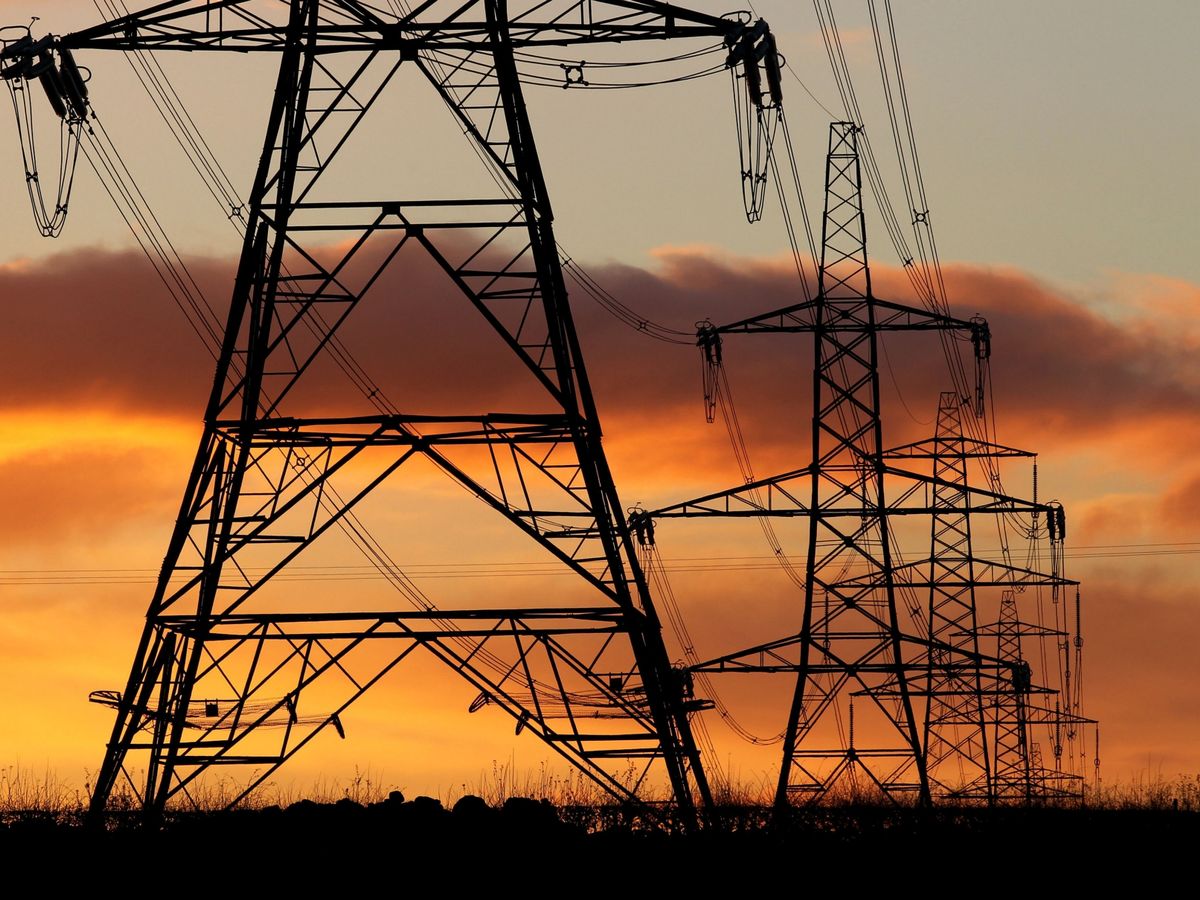Melisa Chatikobo
THE harsh economic environment prevailing in the country has made independent power producers (IPPs) hesitant to venture in renewable energy supply projects, a climate change consultant says.
This comes as the country’s national renewable energy policy is targeting to produce 26.5 percent of renewable energy for the national grid by 2030 to improve power generation.
Speaking to the Daily News on the side-lines of a meeting held by the Initiative for Climate Action Transparency (ICAT) project Zimbabwe in Harare yesterday, Lewis Makurumure said only a few independent investors had ventured in the project because of the hostile economic environment.
“In terms of the impact assessment of the national renewable energy policy we are likely going to miss the target because of regulatory and financial matters as investors are not getting enough financial closure in terms of project development.
“Few domestic power producers have invested in renewable energy and foreign investors are hesitant to venture into climate smart energy.
“When the policy was laid out; we were in the United States dollar era and it was easy for a foreign investor to recoup their money but now you will need to apply through the Reserve Bank of Zimbabwe to access the foreign currency and that has limited the appetite for investors as they are not sure if they can recoup their money.
“The government needs to ensure the policy is improved through competitive bidding processes and auction systems for projects, which is a critical piece of legislation but has not been developed,” Makurumure said.
He added that the lack of infrastructure had made renewable energy power generation more expensive for investors.
“In order for these projects to work there is need for infrastructure especially for transmission and distribution of power.
“It points out where one will be able to connect, for example solar power plants are easier to do where power is already developed because it reduces the cost of adding solar power to the grid.
“Unfortunately where the infrastructure is developed there is limited land and where there is cheap and available land there is no infrastructure. The Zimbabwe Electricity Transmission and Distribution Company has to start to develop infrastructure if we are to meet the target”.
Makurumure further highlighted that some IPPs were, however, injecting into the national grid.
“In terms of renewable energy contributions to the nation grid, in 2021 we had almost 150MW mainly from small hydros, what is not clear is the contribution of the solar power plants that are coming in adding to the mini grid. Last week a 5MW was added.
“Other solar plants have the capacity for 20MW, which we now hear are only supplying 2,5MW so it’s that information that is not readily available of how much is being supplied by renewable energy,” he said.
Last month at the Zimbabwe/Dubai business conference, Zesa Holdings , chairperson Sydney Gata said independent power producers have a vast opportunity to invest in the electricity supply.
“The private sector is openly invited to participate in the investment, development and operation of the electricity supply sector. Globally, it is well accepted that governments alone have no capacity, among multiple competing requirements, to fund the electricity sector to the extent required. IPP are already playing a significant role in the sub region, with Zimbabwe having licensed 94 such IPP companies.
“There is therefore a business case for the global community to consider exploiting the vast opportunities available in Southern Africa in the power supply industry.
“Southern Africa indeed has a notable shortage of electricity. The region is endowed with vast opportunities for investments in renewable energy such as hydro power, solar, wind, and geothermal energy.
“Following the pronouncement by China and other nations that they will stop financing coal fired electricity generation projects, Southern Africa now looks towards exploiting the potential in renewable energy,” he said.


